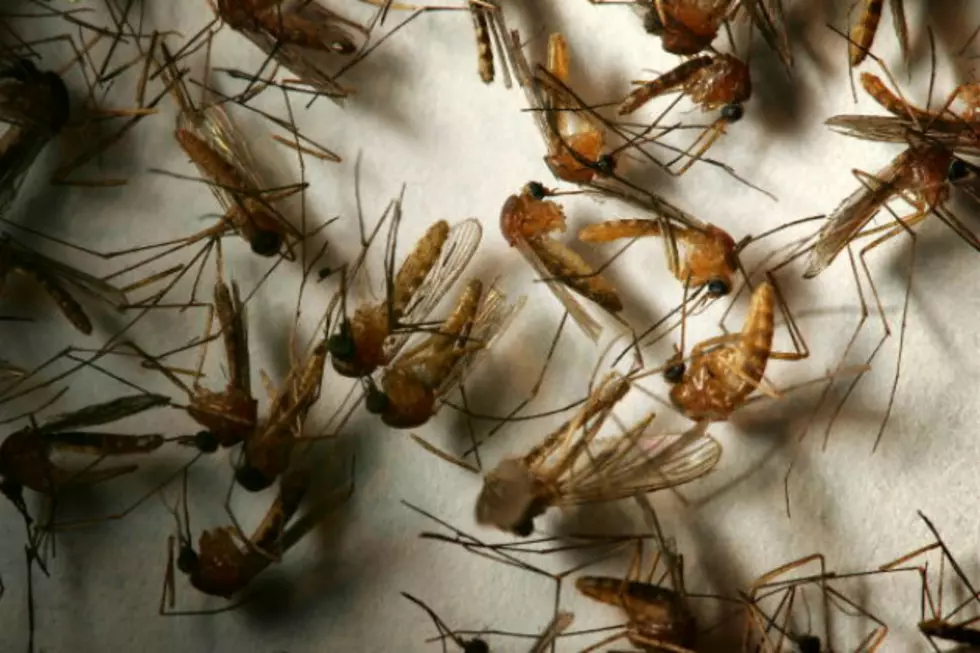
West Nile Virus Found in Abilene – What Should We Do?
West Nile virus has been found to be circulating in the Abilene area for the first time since 2008. The virus, transmitted by mosquitoes, was found in testing done August 1st on a sample of mosquitoes trapped on Abilene’s north side, and the Texas Department of State Health Services Zoonosis Laboratory in Austin confirmed the positive test result.
Environmental Health regularly collects mosquitoes from locations throughout the city in order to identify whether West Nile virus is in the area. According to an Abilene Reporter-News article, Environmental Health Manager Glenn Bailey tells us,
This test shows that the West Nile virus is circulating in our area. It’s important to take precautions by using mosquito repellent and wearing protective clothing during peak mosquito hours, which are from dusk to dawn.
A spraying regimen in the area around the trapping site has been scheduled to eliminate as many mosquitoes as possible.
For Abilene residents, the best mosquito repellents are proven to be those that contain DEET. Keep in mind, DEET does not kill mosquitoes and other insects, but it prevents them from wanting to bite. It’s not only useful in repelling mosquitoes, but also in keeping away other bugs like ticks that may carry Lyme disease. It confuses most bugs by masking the smell of carbon dioxide which the body naturally gives off, attracting insects.
While checking for DEET in your insect repellent, a 23.8% concentration has proven to effectively repel, and when applied properly, can work for up to 5 hours.
For the people who cannot or chose not to use DEET, there are some alternative mosquito repellent ingredients. They have some efficacy, but are still not as effective as DEET. However, some are safe enough to be used on younger children. One of these is piperidine or picaridin. The US Centers for Disease Controls(CDC) lists this substance as a viable alternative to DEET.
About 10 years ago, there was a West Nile Virus scare throughout the nation that raised public awareness as the Center for Disease Control confirmed close to 150 human infections of the virus, with 18 deaths resulting. In 1999-2001, the CDC was finding the virus in new areas, and research increased, and has expanded our understanding of viruses transmitted by mosquitoes.
Most people who get West Nile virus won’t have any symptoms at all, but those who do will generally feel a mild illness within 2 weeks of being infected. Fatigue, headache, mild fever, body aches, and sometimes a rash can develop. Like the flu, these mild symptoms usually run their course. But if the symptoms don’t go away after a week, or they progresses to neck stiffness, disorientation, muscle weakness or numbness, see a doctor right away.
Will finding West Nile virus in Abilene change your behavior in any way?
More From 92.5 The Ranch









